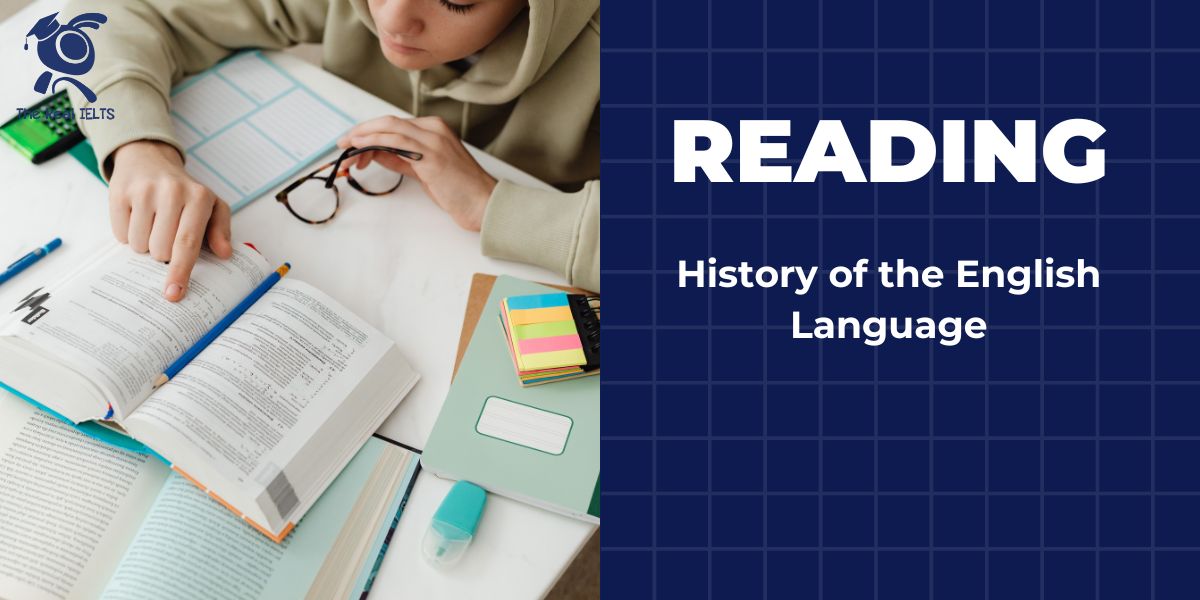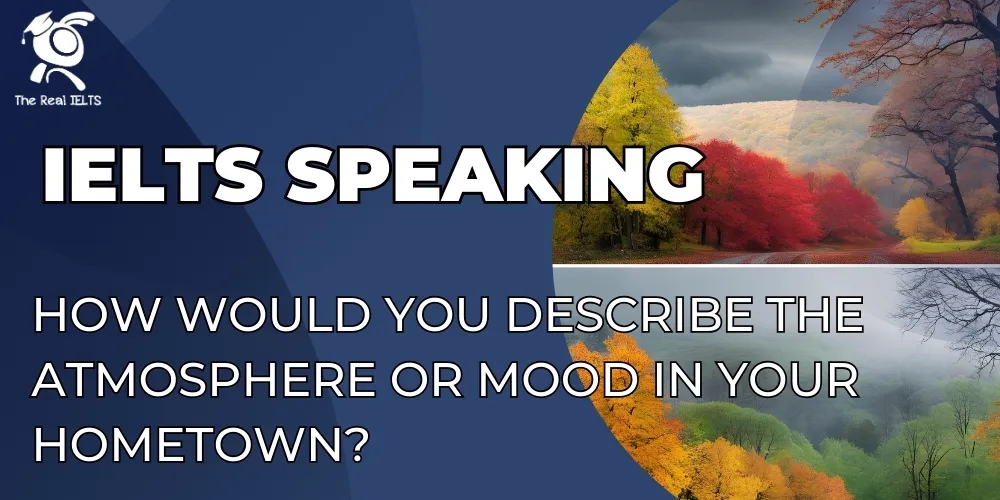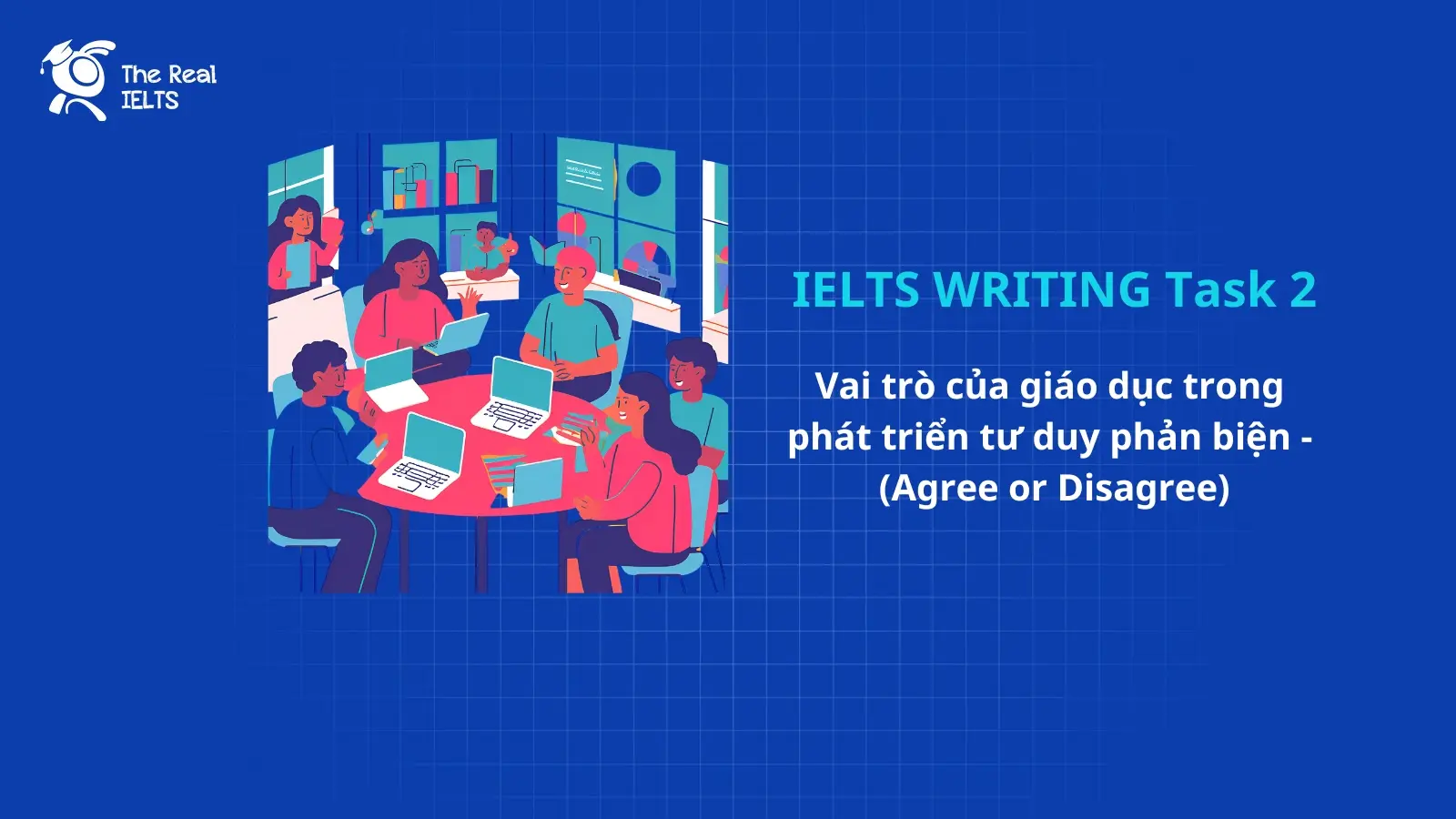Đây là bài đọc Reading English có chủ đề khám phá lịch sử ngôn ngữ tiếng Anh. Các bạn đọc và note lại những từ vựng không biết, sau đó tra cứu từ điển để nhớ lâu hơn, phần bài này là bài đọc và sẽ chỉ dịch song ngữ chứ không đi sâu vào từ vựng.
Reading: Exploring the History of the English Language
The English language has a rich and diverse history that spans over a millennium. From its humble beginnings as a fusion of Anglo-Saxon dialects to its current status as a global lingua franca, English has undergone significant transformations influenced by historical events, cultural exchanges, and conquests. Let’s delve into the fascinating journey of the English language.
Ngôn ngữ Anh có một lịch sử phong phú và đa dạng kéo dài hơn một thiên niên kỷ. Từ những bắt đầu khiêm tốn của nó như sự kết hợp của các ngữ địa bản Saxon-Anglo cho đến tình trạng hiện tại là ngôn ngữ toàn cầu, tiếng Anh đã trải qua những biến đổi đáng kể dưới sự ảnh hưởng của các sự kiện lịch sử, sự trao đổi văn hóa và các cuộc chinh phạt. Hãy khám phá cuộc hành trình hấp dẫn của ngôn ngữ Anh.
Reading Passage:
The English language traces its roots to the Germanic tribes, specifically the Angles, Saxons, and Jutes, who migrated to Britain from what is now Germany and Denmark in the early medieval period. Old English, also known as Anglo-Saxon, was the language spoken by these tribes and formed the basis of the English language.
Ngôn ngữ Anh có nguồn gốc từ các bộ tộc Germanic, đặc biệt là Angles, Saxons và Jutes, người di cư đến Anh từ những gì hiện nay là Đức và Đan Mạch vào thời kỳ trung cổ sớm. Tiếng Anh cổ, còn được biết đến với tên gọi là Anglo-Saxon, là ngôn ngữ được nói bởi những bộ tộc này và hình thành cơ sở của ngôn ngữ Anh.
However, the Norman Conquest of 1066 brought about profound changes to the linguistic landscape of Britain. Following the conquest, French became the language of the nobility and government, while English remained the language of the common people. This linguistic divide led to a significant influence of French vocabulary and syntax on the English language, marking the beginning of the Middle English period.
Tuy nhiên, Cuộc chinh phạt Norman năm 1066 đã mang lại những thay đổi sâu sắc đối với cảnh quan ngôn ngữ của Anh quốc. Sau cuộc chinh phạt, tiếng Pháp trở thành ngôn ngữ của tầng lớp quý tộc và chính quyền, trong khi tiếng Anh vẫn là ngôn ngữ của nhân dân. Sự chia rẽ ngôn ngữ này đã dẫn đến ảnh hưởng lớn từ vựng và cấu trúc ngữ pháp Pháp lên ngôn ngữ Anh, đánh dấu sự khởi đầu của thời kỳ Trung Anh.
During the Middle English period, which lasted from the 11th to the late 15th century, English underwent considerable changes in pronunciation, grammar, and vocabulary. The invention of the printing press by Johannes Gutenberg in the 15th century facilitated the standardization and spread of the English language, particularly through the publication of the influential works of writers like Geoffrey Chaucer and William Shakespeare.
Trong thời kỳ Trung Anh, kéo dài từ thế kỷ 11 đến cuối thế kỷ 15, tiếng Anh đã trải qua những biến đổi đáng kể về cách phát âm, ngữ pháp và từ vựng. Sự phát minh của máy in bởi Johannes Gutenberg vào thế kỷ 15 đã thuận lợi cho việc tiêu chuẩn hóa và lan rộng của ngôn ngữ Anh, đặc biệt là thông qua việc xuất bản những tác phẩm có ảnh hưởng của những nhà văn như Geoffrey Chaucer và William Shakespeare.
The Modern English period, which began around the late 15th century, saw further transformations in the language, including the Great Vowel Shift, which changed the pronunciation of many English words. The British Empire’s expansion during the 17th, 18th, and 19th centuries played a crucial role in spreading the English language to various parts of the world, resulting in its status as a global language.
Thời kỳ Tiếng Anh hiện đại, bắt đầu từ cuối thế kỷ 15, chứng kiến những biến đổi tiếp theo trong ngôn ngữ, bao gồm Sự dịch chuyển nguyên âm lớn, làm thay đổi cách phát âm của nhiều từ tiếng Anh. Sự mở rộng của Đế chế Anh trong thế kỷ 17, 18 và 19 đã đóng một vai trò quan trọng trong việc lan rộng ngôn ngữ Anh đến các khu vực khác nhau trên thế giới, dẫn đến tình trạng của nó như một ngôn ngữ toàn cầu.
Today, English is spoken by over a billion people worldwide and serves as a primary or secondary language in many countries. It continues to evolve and adapt, incorporating new words and expressions from diverse linguistic sources, reflecting the dynamic nature of language itself.
Ngày nay, tiếng Anh được nói bởi hơn một tỷ người trên toàn thế giới và phục vụ làm ngôn ngữ chính hoặc phụ trong nhiều quốc gia. Nó vẫn tiếp tục phát triển và thích nghi, tích hợp từ và biểu hiện mới từ các nguồn ngôn ngữ đa dạng, phản ánh bản chất động đậy của ngôn ngữ chính nó.
Questions:
- What were the origins of the English language?
- How did the Norman Conquest impact the development of English?
- What changes occurred during the Middle English period?
- Who were some influential writers during the Middle English period?
- What technological advancement facilitated the spread of English during the Middle English period?
- What major linguistic event occurred during the Modern English period?
- How did the British Empire contribute to the global spread of English?
- What is the current status of the English language?
Câu Hỏi:
- Ngôn ngữ Anh có nguồn gốc từ đâu?
- Cuộc chinh phạt Norman đã ảnh hưởng như thế nào đến sự phát triển của tiếng Anh?
- Những thay đổi nào đã xảy ra trong thời kỳ Trung Anh?
- Ai là những nhà văn có ảnh hưởng trong thời kỳ Trung Anh?
- Cải tiến công nghệ nào đã thuận lợi cho việc lan rộng tiếng Anh trong thời kỳ Trung Anh?
- Sự kiện ngôn ngữ quan trọng nào đã xảy ra trong thời kỳ Tiếng Anh hiện đại?
- Đế chế Anh đã đóng góp như thế nào vào sự lan rộng toàn cầu của tiếng Anh?
- Tình trạng hiện tại của ngôn ngữ Anh là gì?
Gợi ý câu trả lời:
- The English language originated from the Germanic tribes, particularly the Angles, Saxons, and Jutes, who migrated to Britain from what is now Germany and Denmark in the early medieval period.
- The Norman Conquest led to the adoption of French as the language of the nobility and government, while English remained the language of the common people. This linguistic divide resulted in significant French influence on English vocabulary and syntax.
- During the Middle English period, significant changes occurred in pronunciation, grammar, and vocabulary, influenced by cultural exchanges and historical events.
- Influential writers during the Middle English period include Geoffrey Chaucer, known for “The Canterbury Tales,” and William Langland, author of “Piers Plowman.”
- The invention of the printing press by Johannes Gutenberg facilitated the standardization and spread of the English language during the Middle English period.
- The major linguistic event during the Modern English period was the Great Vowel Shift, which changed the pronunciation of many English words.
- The British Empire’s expansion during the 17th, 18th, and 19th centuries played a crucial role in spreading the English language to various parts of the world.
- Today, English is spoken by over a billion people worldwide and serves as a primary or secondary language in many countries. It continues to evolve and adapt, reflecting the dynamic nature of language itself.
Đọc lại bài trước: Reading Skill Part 2: The Benefits of Reading Books.















